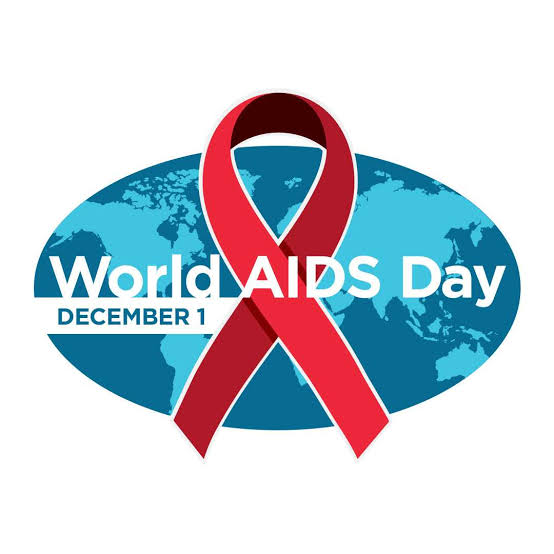Adebayo Adenrele
…Wants EKSG to partner NGOs to combat the virus
The New Generation Girls and Women Development Initiative (NIGAWD) has advocated access to quality healthcare, counseling, and psychosocial support for victims of HIV/AIDS in Nigeria.
The group, in a statement released by its Strategic Knowledge Manager, Gbenga Adesunloro in Ado-Ekiti, made this known, in commemoration of 2023 World Aids Day.
Themed: “Uniting for Change: Mobilizing Collective Support to Combat HIV/AIDS in Nigeria”, the group said programmes should be implemented to empower vulnerable individuals , such as women, young people, and key populations, to actively participate in decision-making processes towards ensuring inclusivity and equality.
NIGAWD also urged the Ekiti state governments, non-governmental organizations, civil society, private entities, and international partners to collaborate to pool resources, share knowledge, and coordinate efforts towards combating the disease.
The statement read in part, “We must prioritize support for those affected by HIV/AIDS, including access to quality healthcare, counseling, and psychosocial support. Programs should be implemented to empower vulnerable populations, such as women, young people, and key populations, to actively participate in decision-making processes, ensuring inclusivity and equality.
“A multi-sectoral approach is key to addressing the complexity of HIV/AIDS. Governments, non-governmental organizations, civil society, private entities, and international partners should collaborate to pool resources, share knowledge, and coordinate efforts. By working together, we can achieve more significant impact and progress in combating the disease.
“Nigeria’s health systems need bolstering to ensure essential services, including HIV testing, counseling, and antiretroviral therapy (ART), are accessible to all. Investment in well-equipped healthcare facilities, trained healthcare professionals, and sustainable supply chains will help improve outcomes and reduce new infections.
“Let’s prioritize comprehensive and accurate information about prevention methods, testing, and treatment options. By eradicating stigma and promoting a culture of openness, we can encourage individuals to seek testing and treatment without fear of discrimination.”

